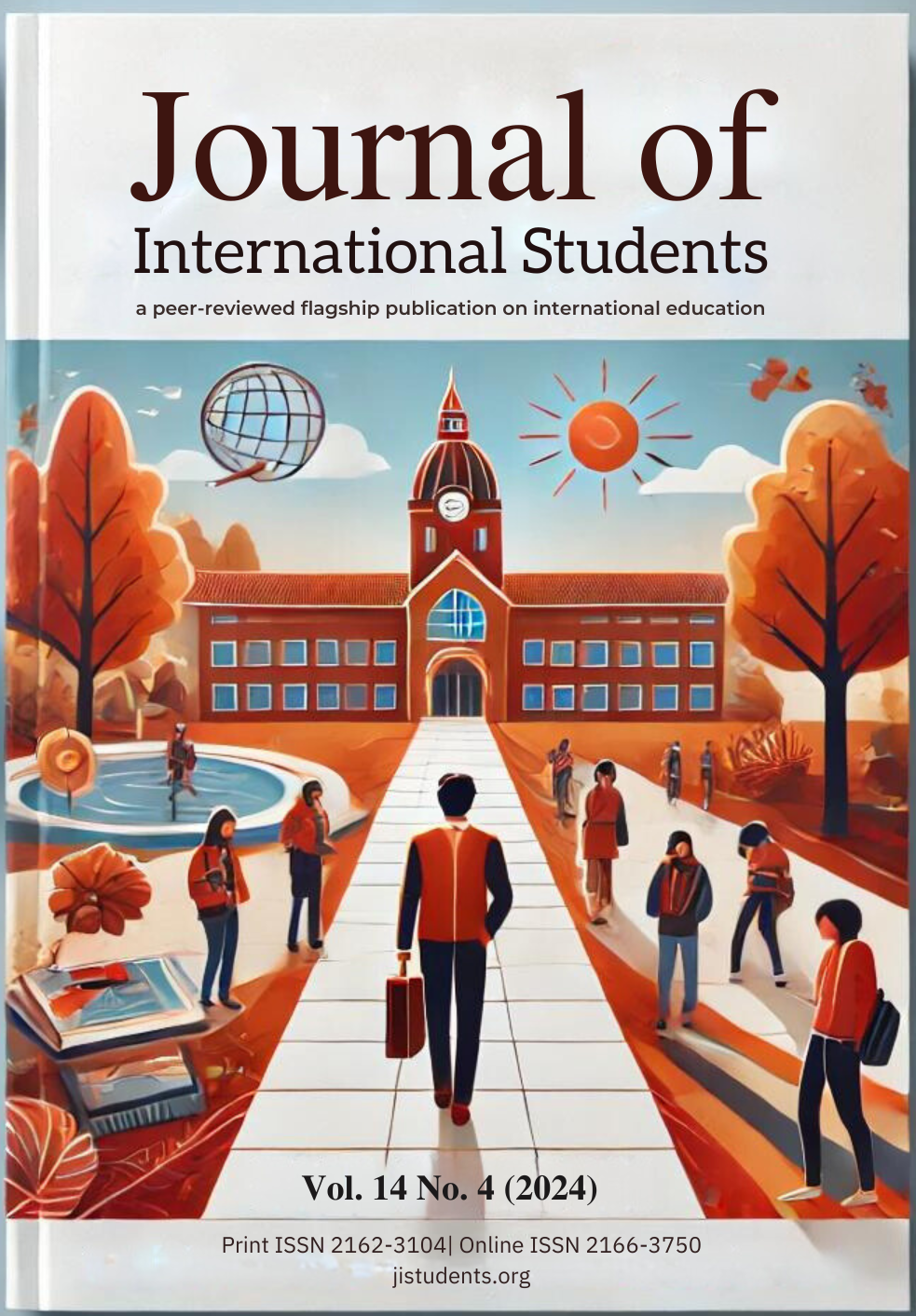Structural vulnerability and social integration of F-2 visa holders in the United States
DOI:
https://doi.org/10.32674/jis.v14i4.6754Keywords:
immigration policy, social integration, structural vulnerability, social isolation, F-2 visa, womenAbstract
Previous studies on spouses of international students do not explore how F-2 visa regulations preventing them from working and becoming full-time students affect their social integration and building social networks. This ethnographic research about 16 formerly employed female spouses of international students in Central University[1] aims to fill this gap, inspired by Holmes's Structural Vulnerability concept (2011), which suggests shifting attention from immigrants themselves to structural powers in order to detect what endangers immigrants’ well-being. Through a multimethod approach, this article shows that F-2 visa regulations limit social integration and building social networks of the participants due to their F-2 visa regulations, and consequently affect their self-esteem, mental health, loneliness, and family relationships of the participants, despite the Central University and related/local offices efforts in integrating them in the society.
Downloads
Published
Issue
Section
Categories
License
Copyright (c) 2024 Journal of International Students

This work is licensed under a Creative Commons Attribution-NonCommercial-NoDerivatives 4.0 International License.
All published articles are licensed under a Creative Commons Attribution-NonCommercial-NoDerivs 4.0 Unported License.













